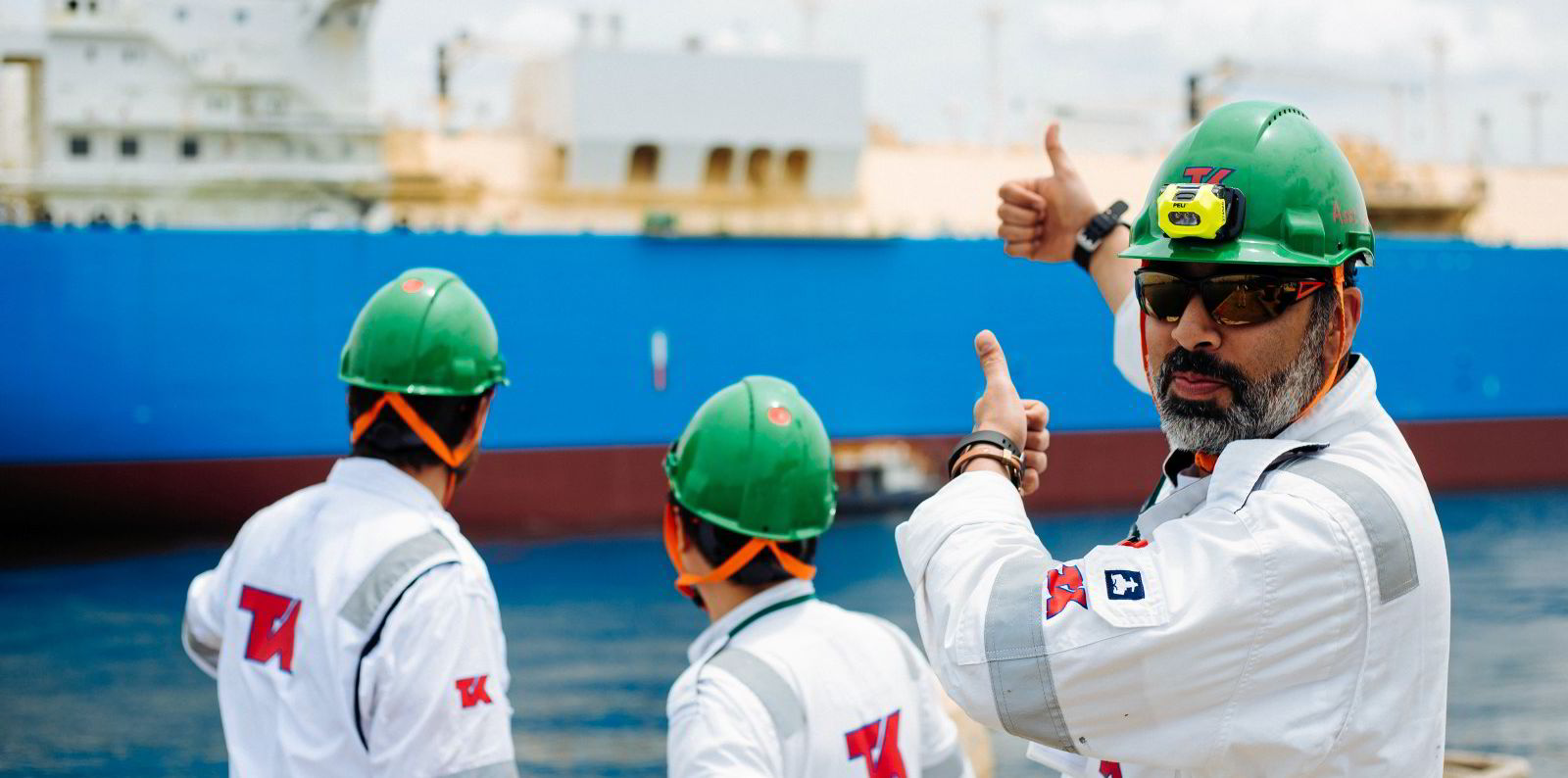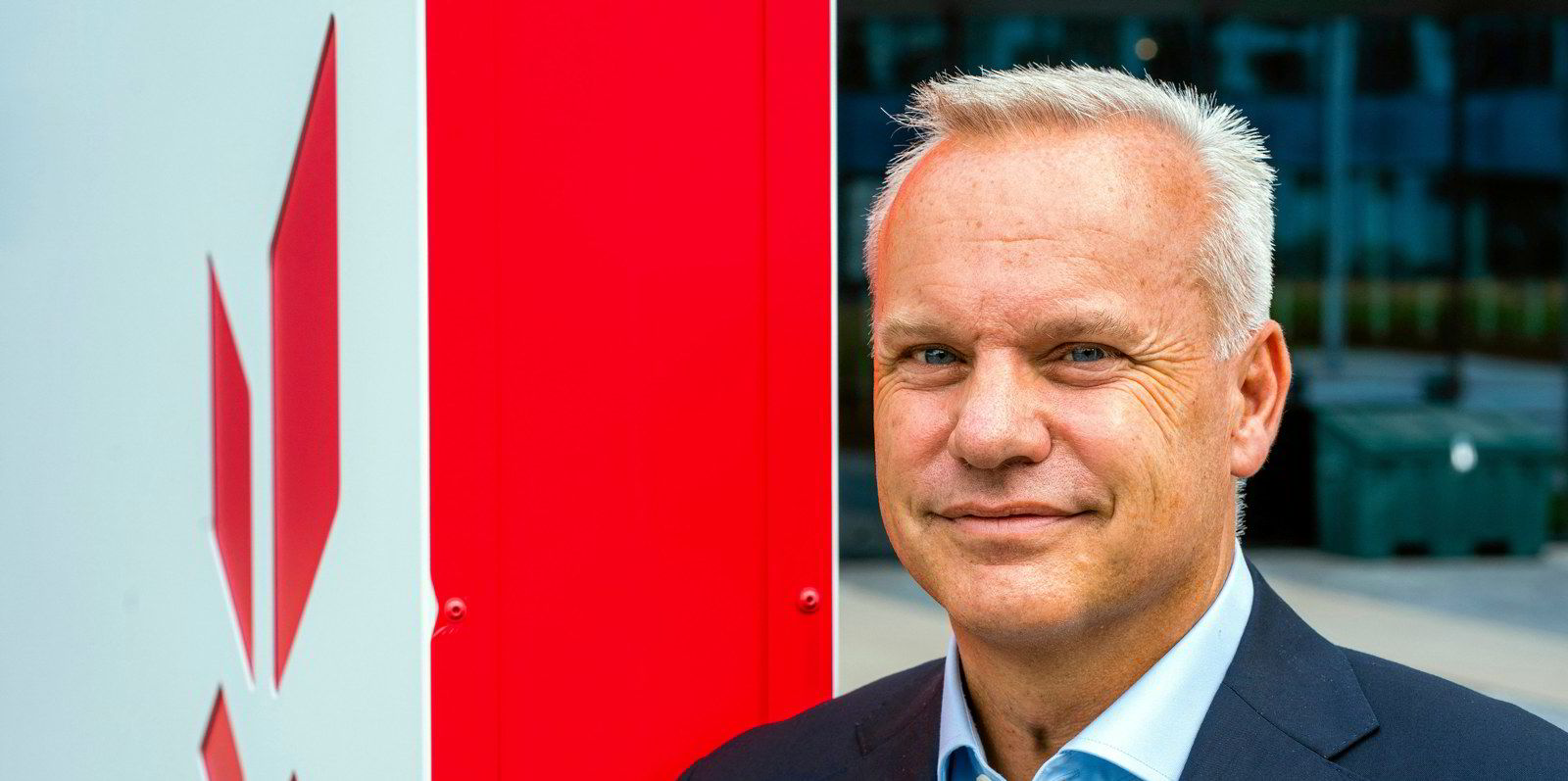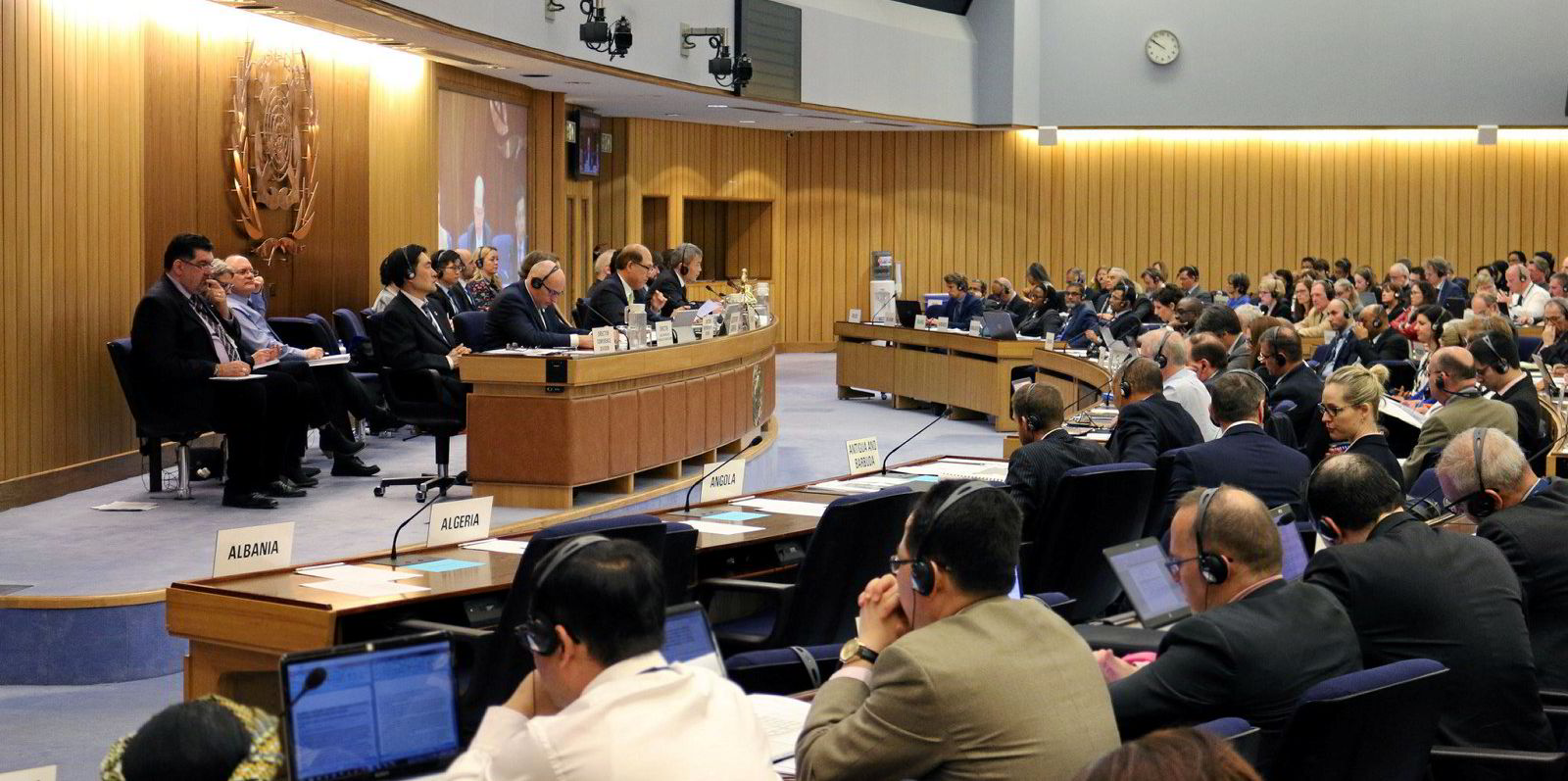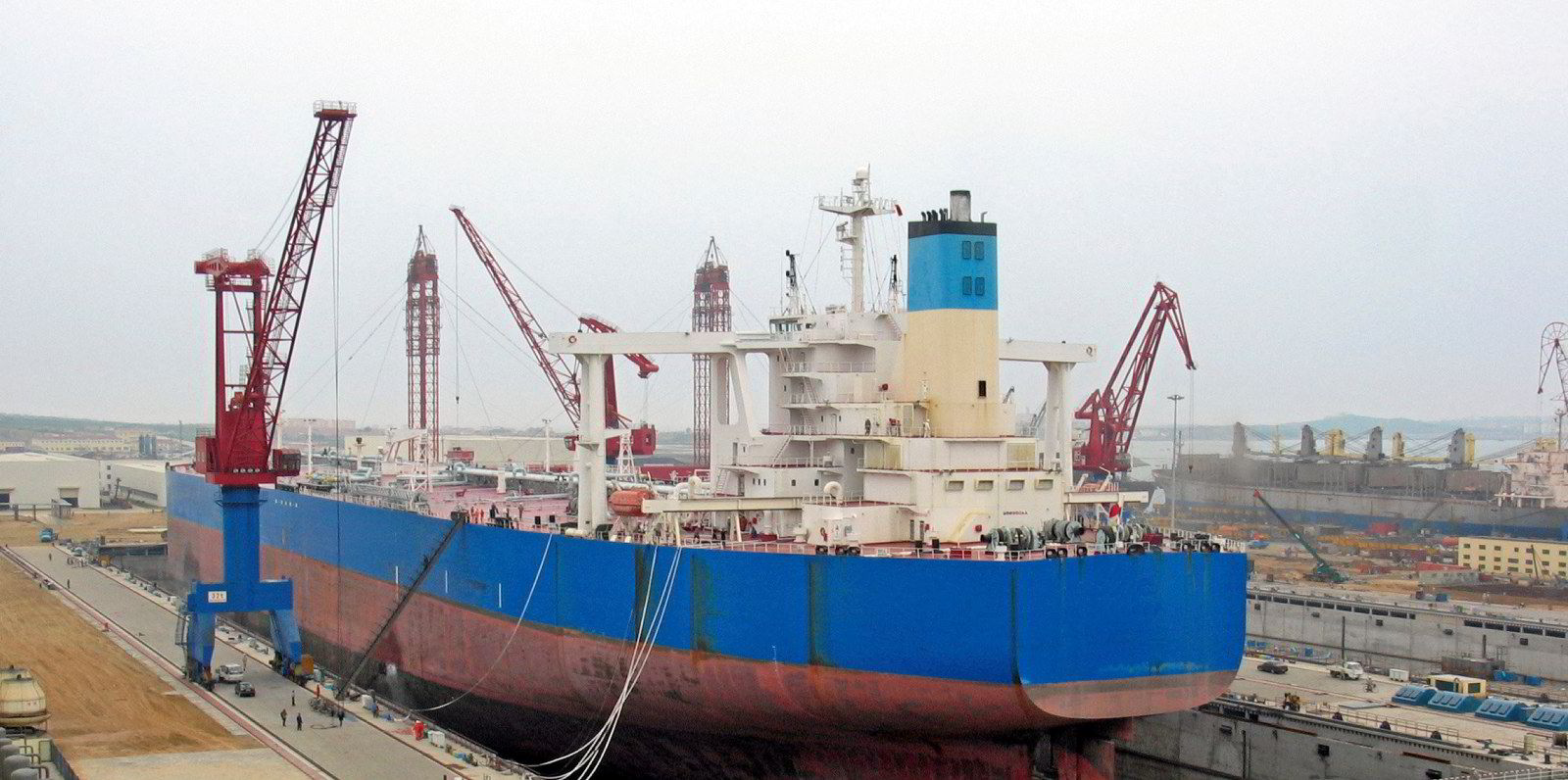Teekay Group and Cosco Shipping Energy Transportation, two of the world’s largest players in oil and gas shipping, claim they have improved their energy efficiencies after adopting measures to reduce fuel consumption and greenhouse gas emissions.
A small but growing number of ship operators are reporting environmental data annually amid rising regulatory pressure to combat global warming.
The International Maritime Organization has established decarbonisation targets for shipping in 2030 and 2050, but details of related regulations are still being ironed out.
Both Teekay and Cosco Energy have been publishing annual sustainability reports for years.
But Teekay did not externally assure its review disclosure for 2020. Cosco Energy did not specify its methodology and auditing process in its 2020 performance report, and TradeWinds has approached the company for clarification.
Lower emissions
In its sustainability report, Canada's Teekay said group-wide GHG emissions dropped to 4.93m tonnes last year from 5.23m tonnes in 2019.
The decrease came as most of its oil tanker, LNG and LPG carrier fleets had better energy efficiencies from cutting bunker usage, according to the report.

The Energy Efficiency Operational Indicator (EEOI) of Teekay’s gas fleet fell to 25.4 grams of CO2 per tonne mile last year, down 21% from the 2008 level. This compared with 25.8 grams in 2019.
Teekay Gas president Mark Kremin said the reduction had been largely achieved through ongoing vessel and voyage optimisations and the additions of fuel-efficient newbuildings to the fleet.
“Most of our fleet operates on LNG fuel, which produces almost no sulphur emissions and creates fewer greenhouse gas emissions compared to conventional marine fuels,” Kremin added.
“In 2021, we are implementing further reduction initiatives such as investing in reliquefaction systems on several vessels and continuing to leverage and expand our digital tools to optimise vessel performance.”
Looking forward, Kremin said Teekay Gas would focus on the upcoming regulatory requirements, such as the Energy Efficiency Existing Ship Index.
The company will also continue to explore options for dual-fuel vessels that can burn LPG or ammonia in its joint venture fleet with Exmar, Kremin added.
Focus on 2030
Meanwhile, the group’s aframax fleet reported its EEOI decreased from 12.3 grams of CO2 per tonne mile in 2008 to 11.1 grams last year. This compared with 11.5 grams in 2019.
The EEOI of the suezmax fleet was 7.39 grams of CO2 per tonne mile in 2020, compared with 8.87 grams in 2008 and 6.88 grams in 2019.
Teekay blamed the lower efficiency of suezmaxes last year on weak tanker markets between July and December, which resulted in longer vessel waiting times and fewer tonne miles.
Most of Teekay’s tankers are coated with silicone hull paints, and the group said the measure will be applied to the whole fleet this year.
Moreover, it will extend ultrasonic propeller cleaning to all tankers following successful trials on two vessels last year.
Mewis Ducts have also been installed on eight tankers to reduce drag and improve propulsion efficiency.
The group is targeting an overall 40% reduction in GHG emissions intensity by 2030.
“Since 2008, we have significantly reduced the emissions intensity of our fleets,” said Teekay Corp president Kenneth Hvid, whose company is the group’s New York-listed flagship unit. “We will allocate capital to lower-emitting tanker fleet renewal.”
Chinese giant bets on LNG
Cosco Energy, part of state conglomerate China Cosco Shipping, said its carbon intensity improved to 6.5 grams per tonne mile last year from 6.88 grams in 2019.
But total CO2 emissions rose to 3.16m tonnes from 3.03m tonnes with higher freight volume.
The Shanghai and Hong Kong-listed company suggested the improved efficiency resulted from super slow steaming, route optimisation, eco newbuildings and energy-saving equipment.
“In 2020, the company continued to pursue and enhance our challenging environmental targets,” Cosco Energy said in its corporate social responsibility report.
“We have rigorously analysed the environmental impact of vessels in the whole voyages during their life cycles.”
Looking forward, the company said it plans to expand LNG shipping business and develop low-emission vessels to reach future decarbonisation goals.
Cosco Energy has ordered what is claimed to be the world’s first LNG-fuelled VLCC from Dalian Shipbuilding Industry Co. The ship is due to be delivered by the end of this year.
“We will also actively study alternative power sources such as wind, hydrogen and electricity,” the company said.








